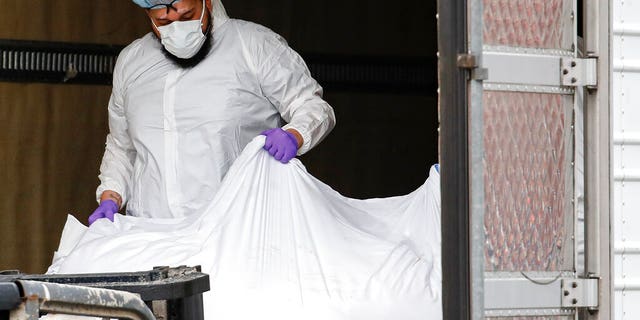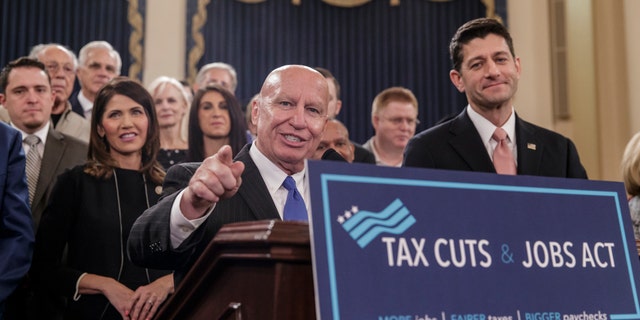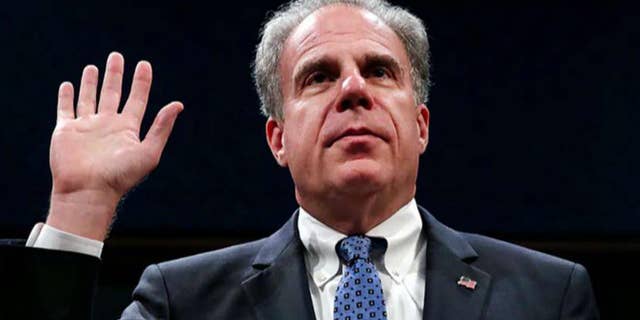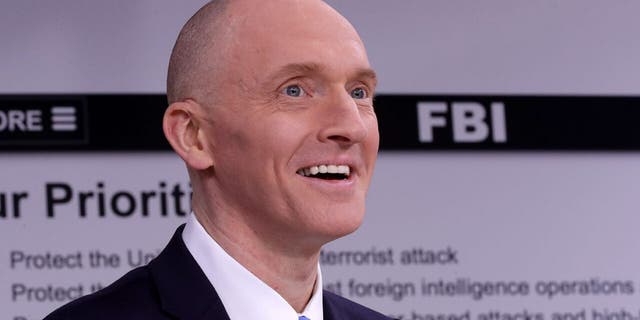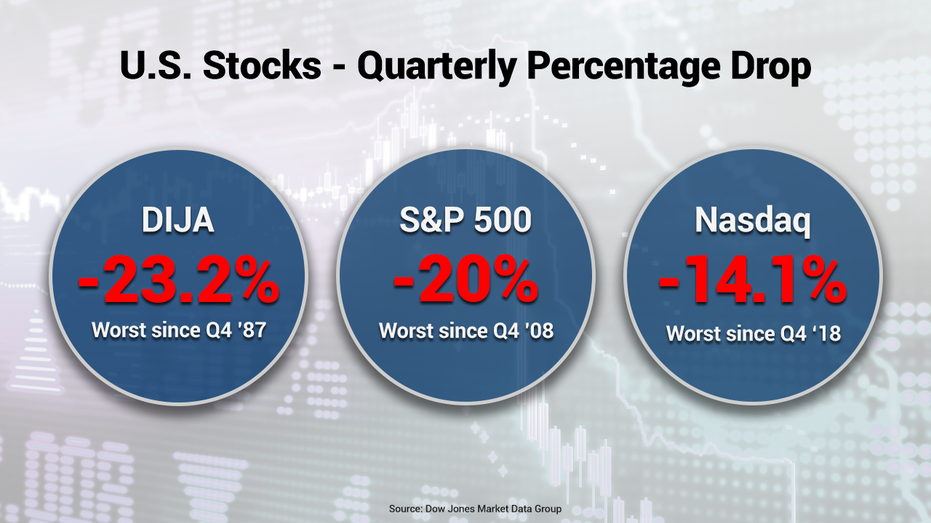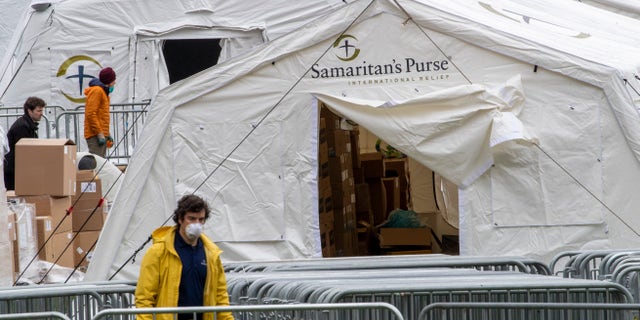
OAK
PARK, Illinois (AP) — One Tulsa bar owner said more than a dozen
motorcyclists showed up unannounced, but he served them a round of shots
anyway to celebrate a birthday. Another live-streamed a drag queen show
on Facebook while up to 20 people drank inside the locked bar, ignoring
police when they knocked on the door.
Both
were busted — and received misdemeanor citations and court dates —
after police responded to tips that the bars were violating the mayor’s
order shuttering all nonessential businesses to help slow the spread of
the coronavirus.
“There has to be some consequence for violating an executive order,” said Tulsa Police Lt. Richard Meulenberg.
ADVERTISEMENT
It turns out plenty of people agree.
Snitches
are emerging as enthusiastic allies as cities, states and countries
work to enforce directives meant to limit person-to-person contact amid
the virus pandemic that has claimed tens of thousands of lives
worldwide. They’re phoning police and municipal hotlines, complaining to
elected officials and shaming perceived scofflaws on social media.
In
hard-hit New York City, police arrested the owner of an illegal
Brooklyn speakeasy where a dozen people were found drinking and gambling
after someone called 311 with a tip.
In
Chicago, a yoga studio that believed it qualified as an essential
health and wellness service was closed after the city — tipped off by
several residents — disagreed. Teacher Naveed Abidi of Bikram Yoga West
Loop studio said he thought the studio could remain open if the space
was sanitized, class size limited and students stayed far enough apart.
“If
we were naughty with the government’s order, then we’re very, very
sorry” said Abidi, who faces a fine of up to $10,000. “We’re not here to
cause problems, we’re here to practice our poses.”
For
most people, the new virus causes only mild or moderate symptoms, such
as fever and cough. For some, especially older adults and people with
existing health problems, it can cause more severe illness, including
pneumonia.
But the virus is spreading rapidly and starting to max out the health care system in several cities.
Naugatuck,
Connecticut, resident Gwen Becker said she was “mortified” when she
drove by a golf course and saw a crowd gathered around a food truck and
eating at tables together. So she took a video that her friend posted on
Facebook — prompting the mayor to shut down the course.
“I
was angry and upset, and I threw some f-bombs,” said Becker, 54.
“You’re not going to consider that what you’re doing could kill
somebody?”
ADVERTISEMENT
In some places, investigators are patrolling the streets, looking for violators
A
team enforcing Denver’s shelter-in-place order issued five citations —
including to Hobby Lobby and a Game Stop franchise that claimed it was
essential — and more than 600 warnings to businesses and individuals as
of Tuesday, city spokesman Alton Dillard said. The team also patrols
neighborhoods, parks and recreation areas.
In
Newark, New Jersey, police shut down 15 businesses in one night and
cited 161 people for violating the governor’s restrictions, saying
others would be next if they didn’t heed directives. And Maryland State
Police said they’d conducted nearly 6,600 business and crowd compliance
checks.
Chicago
police even disbanded a funeral Sunday after seeing a group of up to 60
people, many elderly, congregating inside a church, police spokesman
Anthony Guglielmi said.
In some cases, residents are turning on neighbors.
Police
in Spain — sometimes aided by videos and photos posted online by
zealous residents, or “balcony police” — have arrested nearly 2,000
people and fined over 230,000 for violating quarantine orders.
In
one viral video, the person recording it is heard criticizing a woman
who decides to go for a jog and resists police orders to produce her ID
card. Another shows a family of four heading to a supermarket carrying a
scooter for one of their children while half a dozen neighbors yell at
them from the window.
And
in New Zealand, a police website set up for the public to report
violators crashed after too many people tried to access it at once.
Among the complaints were people playing rugby and Frisbee and holding
impromptu “corona” parties, The Guardian reported.
Back
in Tulsa, Lt. Meulenberg said the department’s call volume has
increased substantially with residents ratting out businesses and
neighbors alike, though they can’t respond to all of them.
“The
fact that we have to do this at all means some people are not
interested in self-preservation” or protecting others, Meulenberg said.
“We’re not immunologists. We’re not scientists. We’re cops. We’re just
trying to do our part.”
___
Associated Press reporters Jim Anderson in Denver and Aritz Parra in Madrid contributed to this report.


